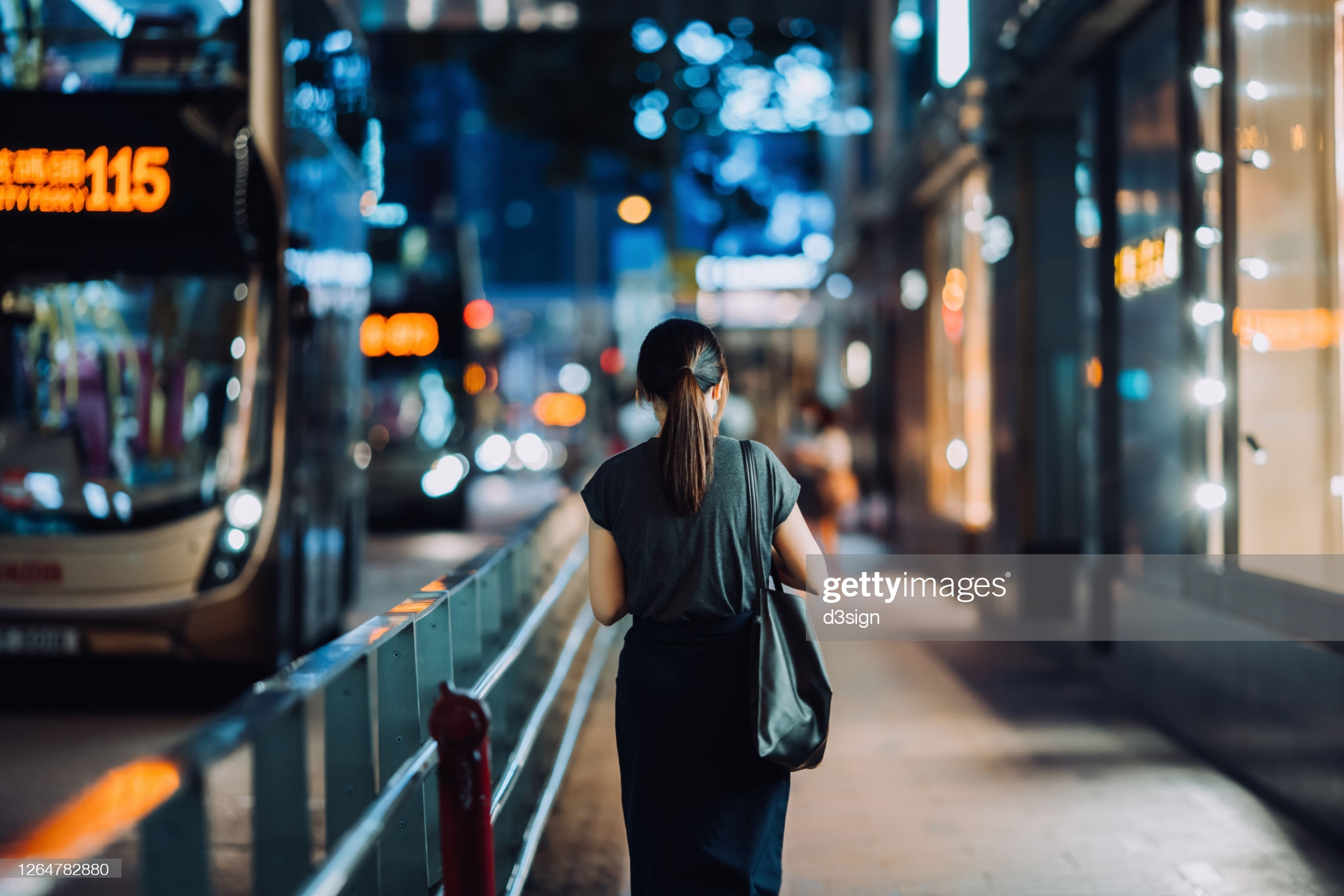Over the past year there has been a massive rise in missing women in the UK, Kent Council have received more than £700,000 pounds to help the streets in some parts of Kent safer for women and girls.
The funding from the county’s crime commissioner comes after an outpour of concern about women’s safety. In the wake of the murder of Sarah Everard who was killed by an ex-officer Wayne Couzens who formerly lived in Deal.
The tragic killing of Sarah Everard on 3 March 2021 brought to the forefront concerns about women and girls’ safety in public places. As a result of this killing the government announced on 15 March, an additional £25 million for Safer Streets Fund. This is being used run a third round of Safer streets funding, focusing on ensuring the safety of public safety for all, and a particular emphasis on improving the safety of public spaces for women and girls.
In Medway particularly funding will be used for personal safety equipment, drink testing kits and personal alarms, as well as providing safe havens and installing CCTV and improving street lighting.
Pamela Mayaya, a new Gillingham resident is “horrified” by the number of females being killed and believes the police need to “actively look after our women”.
Pamela who moved from London with her partner believed Kent would be a safer city as crimes rates are much lower than London. Kent ranks 7th in the UK’s most crime-ridden areas.
Women are put at risk when they are out in the night service and the removal of the night tube has a disproportionate impact on women who are more likely to be sexually assaulted in public. Services such as the night tube allow women to be in a public space to travel home.
There has been petition signed by thousands of people to urge Transport for London (TfL) to reopen the night tube this winter to keep help women and girls safe. The rightful outcry at the recent murders of Sabina Nessa and Sarah Everard on London streets, exemplifies the fear of women walking alone or taking taxis late at night.
“Our sisters,mothers and daughters are having to go out and constantly check their backs.” The government need to come together to provide help for women and the violence being faced. Matthew Scott, Kent Police and Crime Commissioner launched a survey to gauge how safe girls and women feel in the county. It had over 6,000 responses and survey results are telling the police key locations where women feel unsafe and how unsafe they feel as well as the time of the day. The anonymous survey is allowing Kent police to see an accurate representation of levels of violence, abuse, harassment and stalking in the county.
In other county’s such as Sussex, funding will be used to help young people in schools to face the ‘on going societal problem’. Schools will have ‘healthy relationship’ workshops covering harassment, toxic masculinity and misogyny. According to UN Women UK 97% of women aged 18-24 have been sexually harassed.
There is also a campaign called ‘Make her feel safe’ aimed at challenging sexism. It will address men and boys’ behaviour and aim to change the current narrative and bring about some change.
Helplines and support websites are available to support women feel more protected on the streets. In light of Sarah Everard’s murder Strut Safe was founded by Rachel Chung to escort women who feel unsafe home. Strut Safe based in Edinburgh is a free, non-judgemental service dedicated to getting women home safely. They are “committed to protecting everyone in their community.”
Across social media awareness is being spread on women’s safety and allowing people to educate themselves on sexual abuse. Bob McKay, Kent university student experience manager believes that “movements such as #MeToo are really helping to educate everyone about the damage that all forms of sexual harassment and abuse can do.”
Young women are able to gain confidence to speak on taboo matters such as sexual assault seeing other people share stories and experiences.

